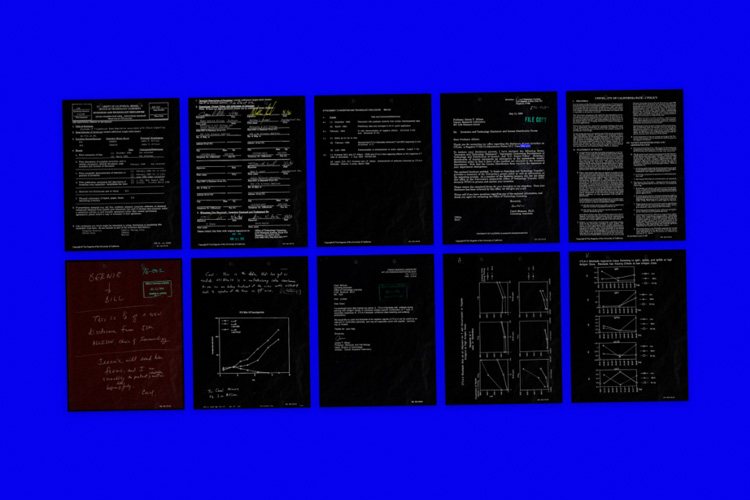
Non-fungible tokens or NFTs are unique and one-of-a-kind possessions. They are discrete, have low transaction fees, are accessible, and provide user autonomy. NFTs or Non-Fungible Tokens are unique non-replaceable items. Most NFTs are digital but, some of them contain a physical aspect. UC Barkley is selling NFTs of Nobel prize-winning invention’s data.
What’s special about these science NFTs?

This particular Science NFT is the digital data for the Nobel prize-winning invention for gene editing and cancer immunotherapy. University of California at Berkeley is selling the data as a new way to raise money and fund research.
However, this document leads to one of the biggest biomedical breakthroughs of the century, CRISPR-Cas9 gene editing. For this, Jennifer Doudna shared the 2020’s Nobel prize in Chemistry. In addition to this, the data also led to nuances in cancer immunotherapy by James Allison’s shared 2018 Nobel Prize in Physiology and medicine.
“Link to online digitized documents — internal forms and correspondence that document the initial research findings that led to two of the most important biomedical breakthroughs of the 21st century,” stated the university.
The NFT of Jim Allison’s invention minted on May 27, is set to go up on Foundation, an Ethereum based platform.
UC Berkeley to get 85 percent of the auction price

UC Berkeley will get 85 percent of the auction price. However, 15 percent of the sale will go to Foundation. But, all future sales of the NFT will yield 10 percent of the shares to UC Berkeley. 5 percent of future NFT sales will go to Foundation. This is an important reason why NFTs are a great investment. They will perpetually yield income.
“NFTs represent anything of value, which can include artwork, a meme, or even academic research. We’re just starting to see the beginning of what’s possible, and certainly being able to support Nobel Prize-winning cancer research is at the forefront,” said Lindsay Howard, the head of communication at Foundation.
“Auctioning NFTs of Nobel Prize-winning invention disclosures to fund research and spotlight discoveries exemplifies the creative environment that UC Berkeley stokes,” said Cohen, the director of innovation ecosystem development in UC Berkeley’s intellectual property office.






